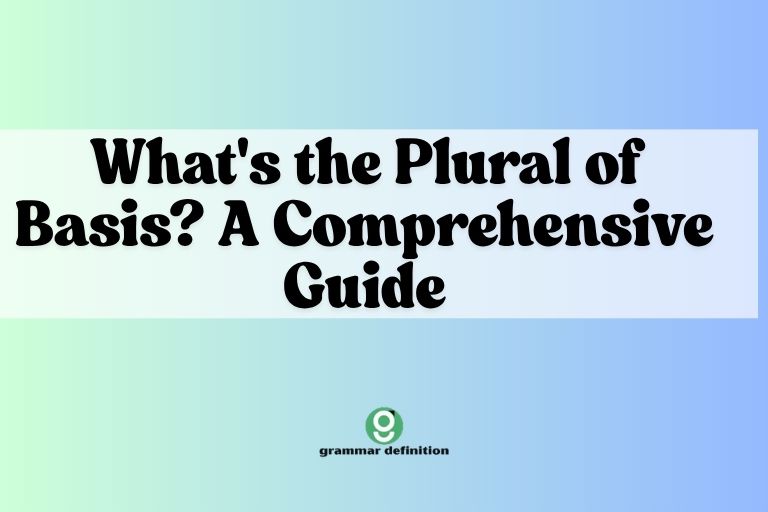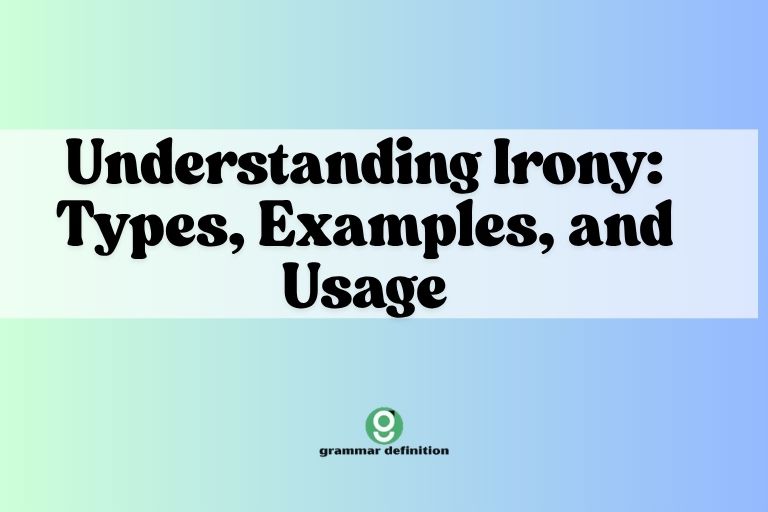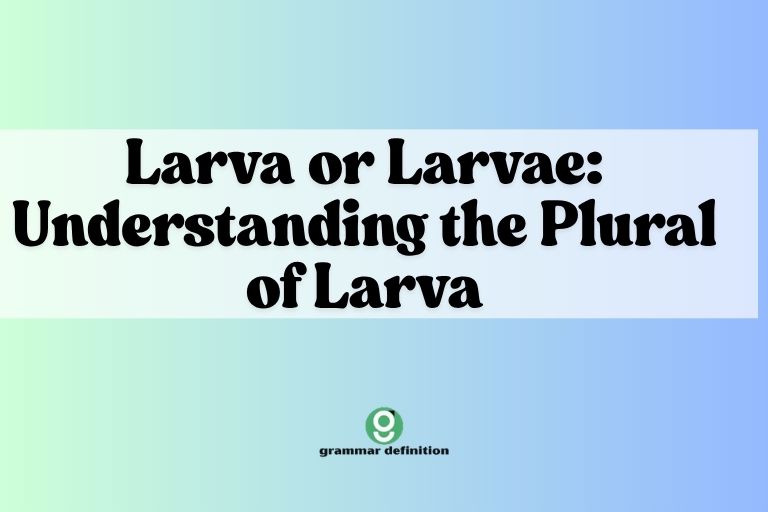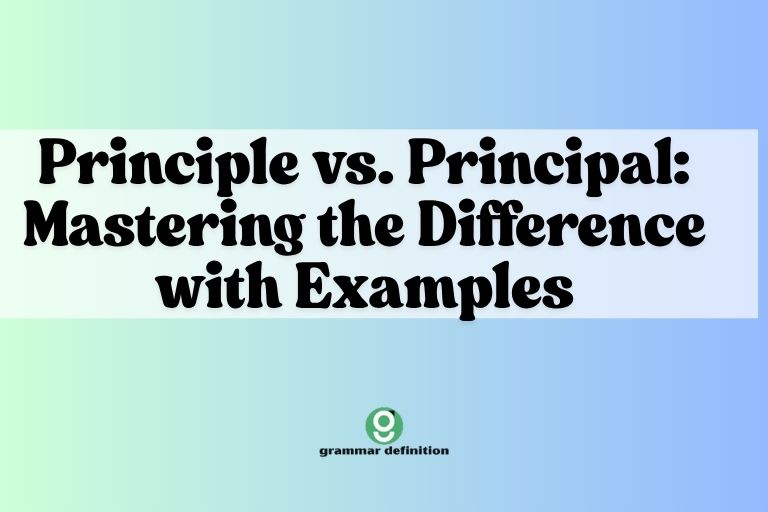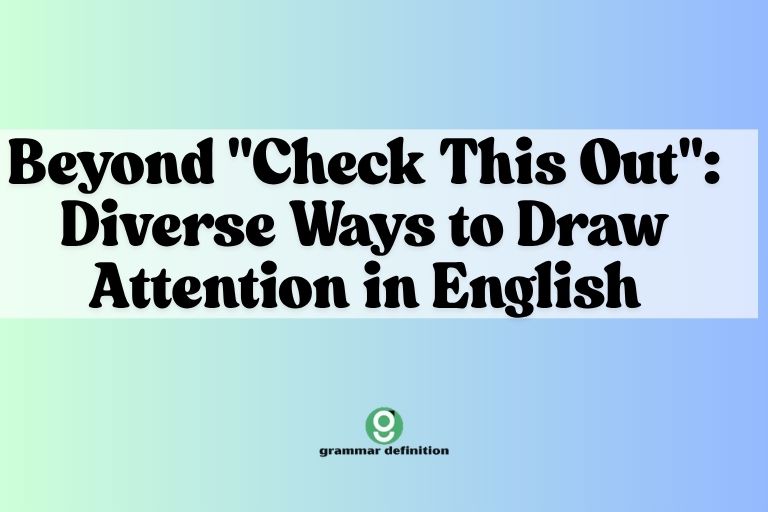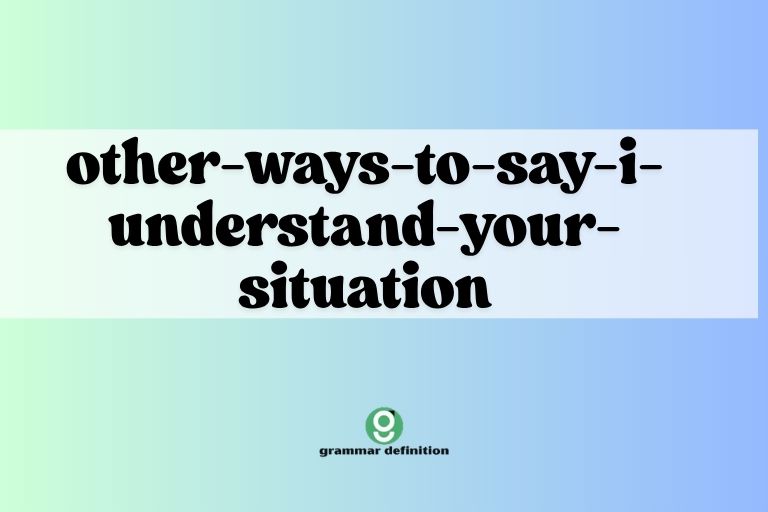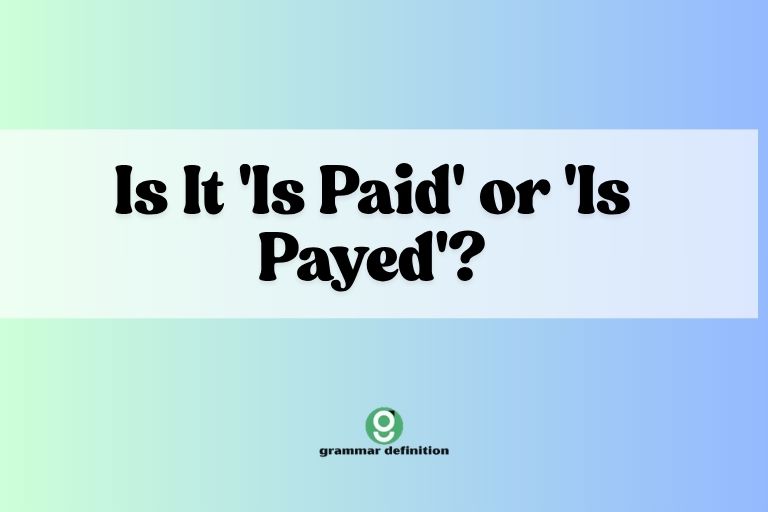What’s the Plural of Basis? A Comprehensive Guide
Understanding how to form plurals correctly is a fundamental aspect of English grammar. While most nouns follow simple pluralization rules, some, especially those of foreign origin, can be tricky. One such word is “basis.” Knowing its plural form and how to use it correctly is crucial for clear and accurate communication. This article provides a…

